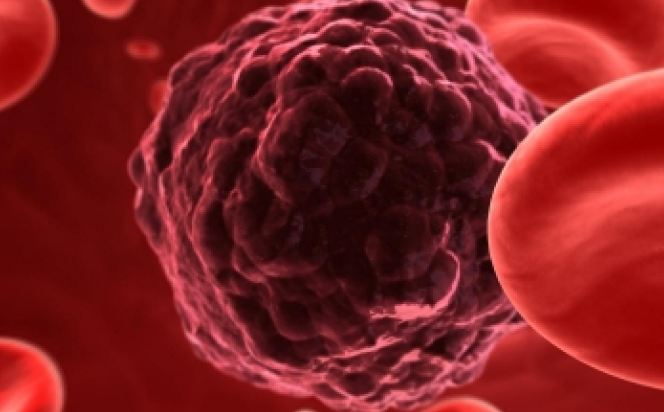A lot of people, especially those who were not anticipating it, can be shocked and triggered when they learn they have cancer.
According to the World Health Organization (WHO), cancer is one of the most common diseases in the world. According to National Cancer Institute (NCI) estimates, there were approximately 1,806,590 new cancer cases in the United States alone in 2020.
Being well-informed is crucial for managing a cancer diagnosis, as it might be a surprise to hear the news. There is a lot of mythology around cancer, and a lot of what people believe to be true is frequently only rumor.
Therefore, gathering as much information as you can from physicians and other trustworthy sources is a crucial first step.
According to Medical News Today, Dany Bell, a professional advisor on treatment and rehabilitation at Macmillan Cancer Support in the United Kingdom, receiving a cancer diagnosis might come as a huge shock, even if you have some suspicions about it.
“Cancer is a word that can stir up many fears and emotions,” added Bell, “but making sure you fully understand your diagnosis can help you feel more in control of the situation.”
Speaking with a doctor about a cancer diagnosis might be difficult because the subject is always so sensitive. Effective communication between the patient and the physician may be challenging.
According to Dr. Ann O’Mara, head of palliative care research in the NCI’s Division of Cancer Prevention, there is no secret formula for success in these situations, who spoke with Medical News Today. She did, however, stress the importance of open communication to ensure that patients receive the information they require and that their doctor is aware of how they are handling their diagnosis.
She said, “If the communication with that physician is causing you to be more stressed out, you have to communicate that to the physician.”
Furthermore, anxiety and depressive symptoms are frequently a normal reaction to a cancer diagnosis. Being able to depend on a solid support system is also crucial.

















